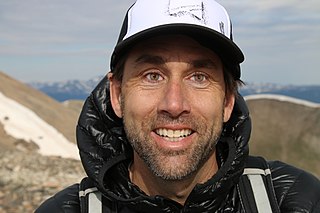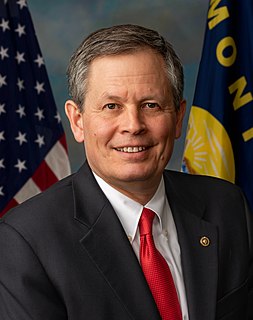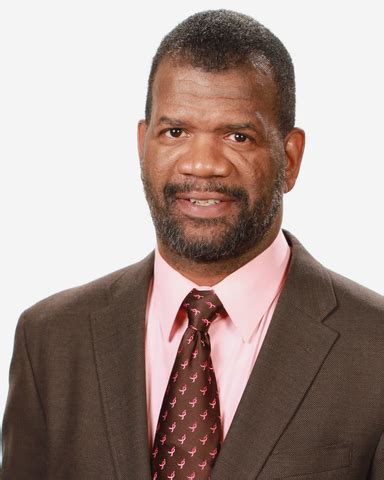A Quote by Sol Campbell
I have the tools to climb the mountain so I don't mind climbing mountains. I have climbed mountains since I was growing up in east London in Plaistow. I'm not scared of climbing mountains. When you get to the top, the view's great. That's what it's all about.
Related Quotes
Before practicing meditation, we see that mountains are mountains. When we start to practice, we see that mountains are no longer mountains. After practicing a while, we see that mountains are again mountains. Now the mountains are very free. Our mind is still with the mountains, but it is no longer bound to anything.
The number one metaphor I have in my mind for writing a screenplay is that...you're trying to climb a mountain blindfolded. And the funny thing about that is, you think, 'Okay, that's hard because you're climbing up a rock face, and you don't know where you're going, and you don't know where the top is, you can't see what's below you...' But actually the hardest part about climbing a mountain blindfolded is just finding the mountain.
In a sense everything that is exists to climb. All evolution is a climbing towards a higher form. Climbing for life as it reaches towards the consciousness, towards the spirit. We have always honored the high places because we sense them to be the homes of gods. In the mountains there is the promise of... something unexplainable. A higher place of awareness, a spirit that soars. So we climb... and in climbing there is more than a metaphor; there is a means of discovery.
The secret of the mountain is that the mountains simply exist, as I do myself: the mountains exist simply, which I do not. The mountains have no "meaning," they are meaning; the mountains are. The sun is round. I ring with life, and the mountains ring, and when I can hear it, there is a ringing that we share. I understand all this, not in my mind but in my heart, knowing how meaningless it is to try to capture what cannot be expressed, knowing that mere words will remain when I read it all again, another day.
The famous Zen parable about the master for whom, before his studies, mountains were only mountains, but during his studies mountains were no longer mountains, and afterward mountains were again mountains could be interpreted as an alleory about [the perpetual paradox that when one is closest to a destination one is also the farthest).
Mountains should be climbed with as little effort as possible and without desire. The reality of your own nature should determine the speed. If you become restless, speed up. If you become winded, slow down. You climb the mountain in an equilibrium between restlessness and exhaustion. Then, when you're no longer thinking ahead, each footstep isn't just a means to an end but a unique event in itself. To live only for some future goal is shallow. It's the sides of the mountains which sustain life, not the top.



































